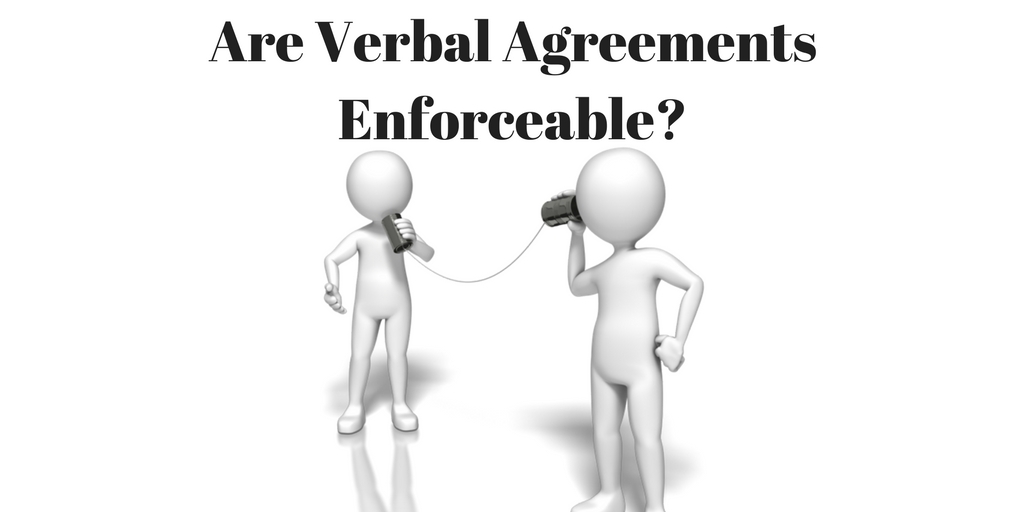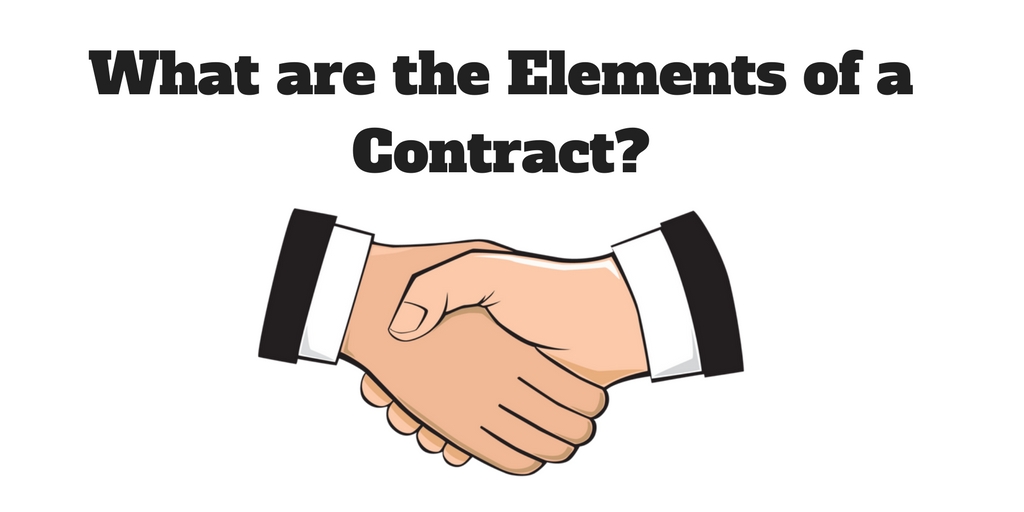If you have read our previous post regarding whether verbal agreements are enforceable , you know to be wary of any oral or side agreements that are not embodied in a final written document. Merger Clauses, very common in contracts, take it a step further. An example of a typical Merger Clause is:
The terms of this Agreement are intended by the Parties to be the final expression of their agreement, and supersede all prior understandings and agreements, whether written or oral.
The effect of such a provision is to merge all prior agreements and understandings into this one, single, document. This means, quite literally, if it is not written in the contract, it is not part of your agreement. Period. If something is missing, or if you require some sort of verbal clarification with respect to the meaning or practical effect of contract language, get it in writing. Verbal clarifications are not binding on the other party in the presence of a Merger Clause, and are most likely unenforceable.
You can usually identify a Merger Clause because the section heading will be titled something along the lines of Entire Agreement, Complete Agreement, Whole Agreement, Integration Clause, or more simply, Merger Clause. Be aware, these clauses are often confined to the fine print or boiler-plate section of the agreement. This can imply that the clause is standard and/or is not that important to read.
Generally, there is little to fear from a Merger Clause contained within a well-drafted contract. If the contract has sufficient detail, contains the entire understanding of the parties, lacks ambiguity, and does not require any additional clarification, it should not be a problem.
However, when a non-attorney drafts the contract, and the other party does not have an attorney review it, Merger Clauses can mean big problems. In the event of a dispute with respect to the interpretation of the agreement, the Merger Clause prevents either party from presenting evidence beyond the literal language of the contract. This means no emails, text messages, telephone calls, or handshake agreements can be used to interpret (or reinterpret) the plain language of the agreement.
Issues with respect to Merger Clauses most commonly arise in the context of service contracts, where the scope of work to be performed is not defined clearly enough. Both parties believe that they have reached a common understanding of the task to be performed. However, normal people (i.e. non-lawyers), read the language of a contract and usually see what they believe the agreement to be. They are not trained to issue-spot like Attorneys. Attorneys review a contract and identify potential problems (i.e. lack of sufficient detail about the scope of work) and craft solutions for their clients.
Merger Clauses, when done properly, allow the parties to have their entire agreement embodied in a single document. Such clauses incentivize the parties to be specific ahead of time, which avoids problems in the future. Having professional assistance when preparing a contract is the best way to protect yourself. That is why it is important to consult with a contract attorney before drafting or signing an agreement containing a Merger Clause.
For more information, or to speak with an attorney about drafting or reviewing your contract, please contact our office for a free consultation.
Disclaimer: This blog is made available by Kloss, Stenger & LoTempio for educational purposes only. It is not intended to provide legal advice nor form any attorney client relationship between the reader and Kloss, Stenger & LoTempio. You should always seek professional advice from a licensed attorney for any legal questions you may have.







